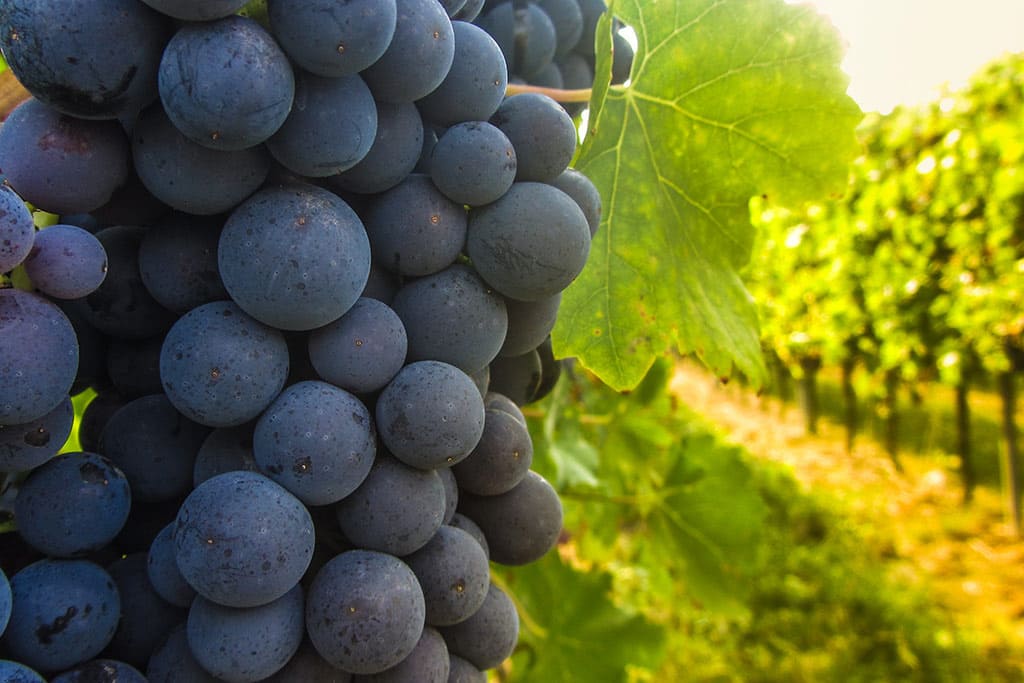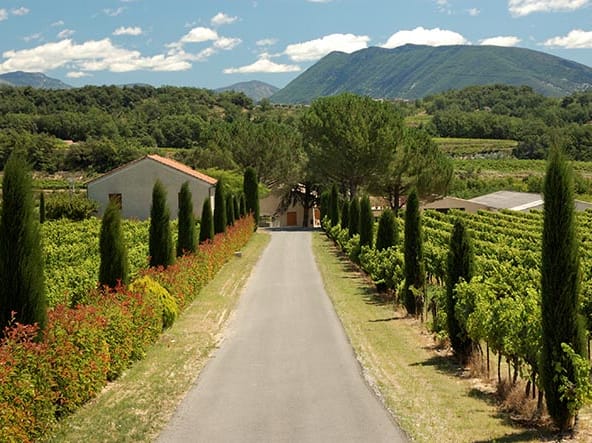When it comes to buying vineyard property in France, there is something you may not know. It’s not always about location.
Instead of focusing too much on location, smart vineyard buyers are more concerned with quality and value for their budget; location is secondary.
Consider this, too. According to Forbes, nearly 40% of wine is consumed in a country other than where it was made (that’s a big increase from just 22% percent in 2000). While wine tourism (people who come to your vineyard for tastings, events, etc.) may be part of your income, it doesn’t have to make up your entire business.
Here’s our expert advice about finding the French Vineyard of your dreams and how to make it profitable.
Table of Contents
Learn How to Manage a Vineyard
As soon as you decide that you want to invest in a vineyard, it’s a good idea to start learning as much as you can about winemaking and running a vineyard business. If you’re new to it, you’ll need to start acquiring expertise in order to run a successful business. Your property agent, particularly those who are familiar with selling vineyard properties, will be able to arrange a “handover period” so new owners can manage their business confidently.
During this period, you’ll learn how to handle the business while meeting existing clients. At the same time, the vineyard’s employees will feel more at ease during the transition process. Ultimately, if you’re taking the reins of a vineyard business, it’s best if you can retain as much of the team as possible so that operations continue to run smoothly.
Put Quality Ahead of Quantity
There are a lot of French wine producers (called “vignerons”) who sell to the local cooperative and earn revenue based on quantity of grapes. While this is a somewhat popular tactic, it’s not the one that’s going to give you the best return on investment (ROI).
Instead, it’s best to buy a vineyard and focus on quality, which will likely mean limiting the number of grapes on each vine in order to nurture the very best grapes available. This way, your vineyard can actually become more profitable.
Crunch the Numbers to Create Your Marketing Strategy
Passion is only part of the puzzle of running a successful vineyard business. It always helps if you’re excited about making wine, but you also need to be business savvy, find a niche market and produce the wine that your target audience actually wants to drink. Far too many vineyard owners get swept up in the glamour of it all and forget about the hard work that’s involved.
In order to make a profit, you’ll need a solid sales and marketing strategy. Before you can design one, though, you’ll have to figure out the exact ROI you’ll need for every euro (or pound or dollar) spent on the vineyard property and business. Being as realistic as possible about what type of profit you need to continue running your business and maintaining your lifestyle is the jumping off point for creating a marketing strategy.
During this process, you’ll glean insight you may not otherwise get. For example, you may find that instead of producing and selling more wine, you actually need to earn more per bottle of wine sold, which would lead you to improve the wines you’re currently producing. Having this direction saves you time, money and the trouble of changing an aspect of your business that won’t actually improve your profit.
Just running the numbers isn’t exactly the romantic vision that most people have in mind when they buy a vineyard. But it is the cornerstone of building and evolving a successful business.
Don’t Rule Out an Underperforming Vineyard
There are vineyards on the market that may be underperforming, but they’re worth a second look. You may find that there’s a strong opportunity to turn the property into something of value, especially if the vines and the wine-making process can be optimized.
If you’ve already found a niche market that will allow you to sell your wine to specialty stores and restaurants, it’s highly possible that you’ll make money from a vineyard that, at one time, was considered not worthwhile. This is another reason why market research is such an important part of the process.
Make sure that the vines are healthy, though. There are a lot of elements you can fix about an underperforming vineyard, but unhealthy vines are not usually one of them.
Commit to Constant Improvement
Buying a vineyard and running it is just a first step. The smartest business owners know that they have to regularly invest in their education and their vineyard in order to evolve and stay relevant. Your ambition shouldn’t end once you acquire a vineyard property; that’s only the beginning.
Avoid becoming a “zombie business,” i.e. one of those vineyards that appears to be successful – they function, the owners don’t have debt, they’re producing – but that don’t have healthy or inventive vineyards, with owners who are not interested in replacing equipment or keeping up with trends.
Commit to always improve the viticulture and character of your vineyard. The more you’re able to turn out great wine, the more blind tastings you’ll be able to partake in, which will help you compete against other leaders in the industry. You don’t have to have a well-known vineyard in order to produce excellent wine and make an impact in the market. The more successes you build up, the higher you’ll be able to price your wine, which will give you an even greater ROI.
In order to be a successful vineyard owner, find the best quality and value within your realistic budget. Setup a solid sales and marketing strategy before finalising your purchase of the property, too – even if you’re in the most popular winemaking part of France, it’ll be difficult to succeed if you don’t have a business plan to guide you.





